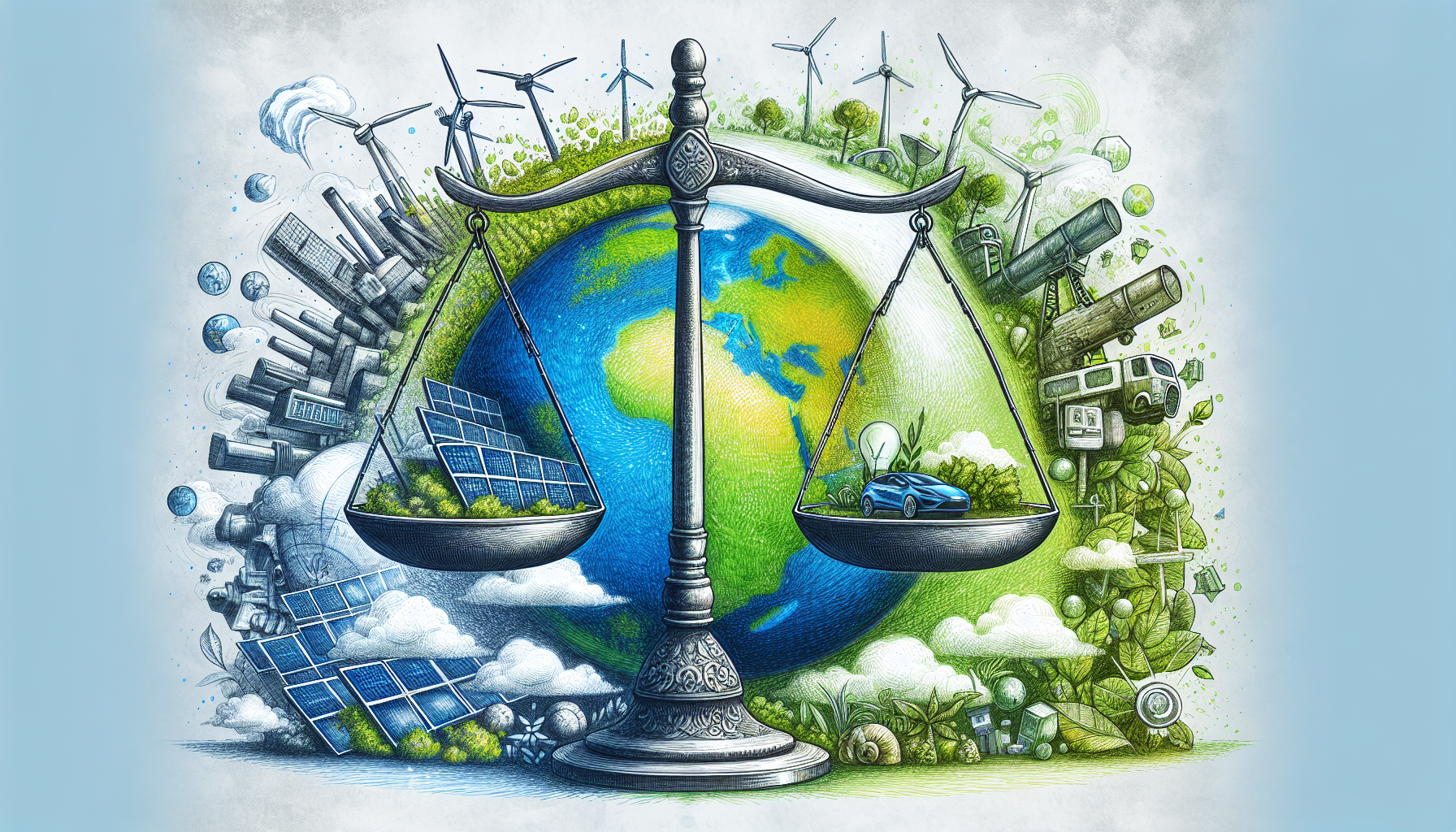The latest monitoring report by the Bertelsmann Stiftung assesses the commitment of OECD and EU countries to achieving climate neutrality by 2050. According to the report, Sweden, Denmark, Finland, and Spain are leading the way with their effective policy strategies, while Canada, Australia, Israel, Poland, and Hungary need to significantly increase their efforts. The report compares the effectiveness of national policies in climate protection, energy transition, and circular economy practices.
As of December 17, 2024, a ranking of 30 OECD and EU states has placed the Nordic countries and Spain at the forefront of climate efforts. These nations have demonstrated their commitment to achieving climate neutrality and resource efficiency through ambitious targets and sector-specific action plans. Despite their progress, they still face challenges, including the need to overcome environmentally harmful subsidies.
Our assessment is informed by the most recent Sustainable Governance Indicators (SGI) survey, which measures advancement in three key areas: establishing coherent climate policy frameworks, working towards a carbon-neutral energy system by 2050, and preparing for the shift to a circular economy.
SGI data provides a comprehensive assessment of policy strategies by utilizing a diverse range of indicators. This allows for insights into the impact of previous policy decisions and the current state of policy ambitions. The dataset is further enriched by in-depth evaluations from SGI’s country experts. It also measures progress in democratic oversight, anticipatory governance, and sustainable solutions in various policy areas.
Sweden is in a strong position to achieve its climate goals, with a history of ambitious climate policies and consistent progress monitoring. However, the current government has relaxed environmental regulations. On the other hand, Poland, Australia, and Canada are facing significant challenges in reaching climate neutrality.
Decarbonizing the energy sector is essential for achieving climate neutrality, as it accounts for almost three-quarters of global greenhouse gas emissions. Finland and Denmark have shown strong commitment to this goal, while countries such as Canada, Japan, and Israel must ramp up their efforts to decarbonize.
The transition to a circular economy is still in its early stages in many regions, but 20 out of 30 EU and OECD countries have already started implementing measures. Finland and Sweden seem to be leading the way in this shift. In Sweden, the circular economy strategy and action plans, although not legally binding, are evaluated as part of the national budget along with other environmental goals.
www.sgi-network.org
About the Bertelsmann Stiftung: Inspiring people. Shaping the future.
The Bertelsmann Stiftung is dedicated to promoting social, economic, and cultural participation for all members of society. Our focus areas include Education and the Next Generation, Democracy and Social Cohesion, Digitalization and the Common Good, Europe’s Future, Health, and Sustainable Social Market Economies. Established in 1977 by Reinhard Mohn, the Bertelsmann Stiftung is a non-profit foundation. www.bertelsmann-stiftung.de
Wiadomość pochodzi z serwisu: pap-mediaroom.pl
